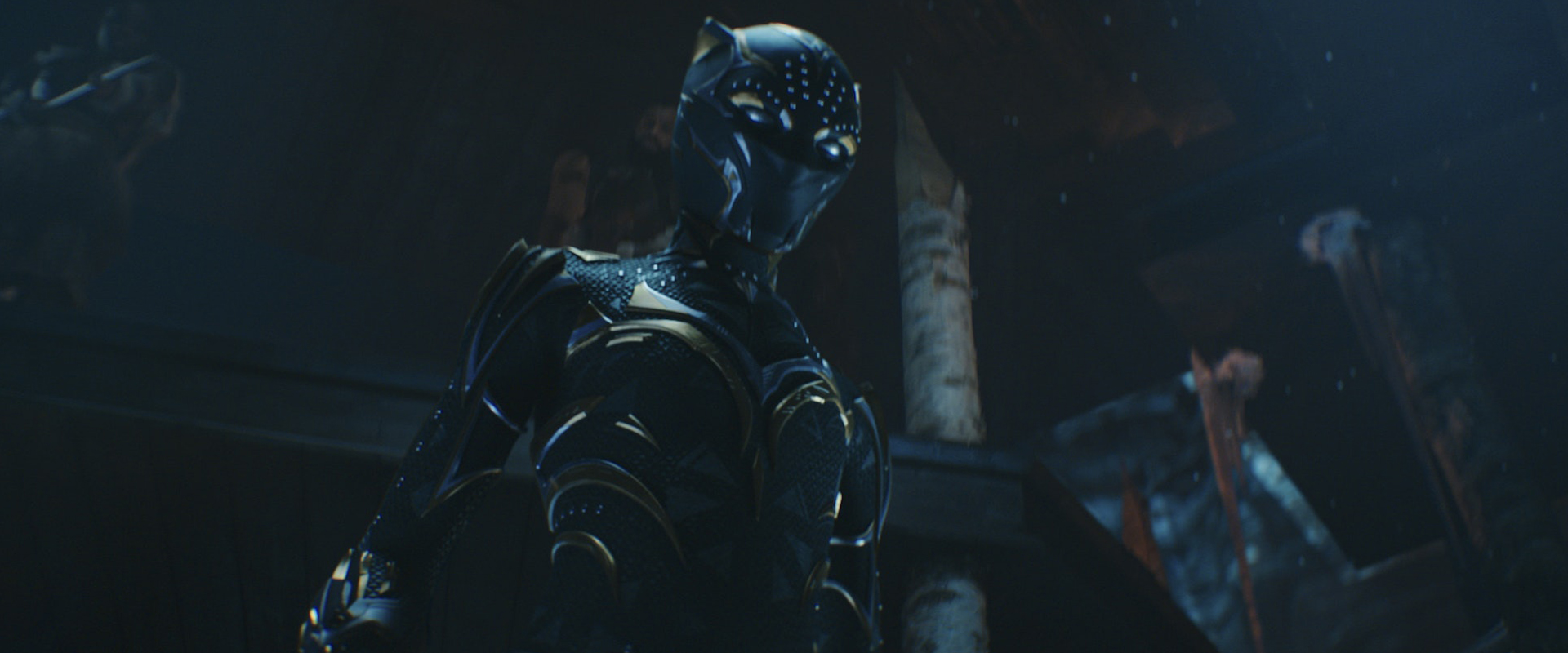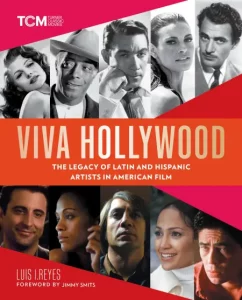Black Panther: Wakanda Forever (2022)
Forever.
When Chadwick Boseman tragically died in 2020, many people were skeptical about how a sequel to the excellent Black Panther (2018) could happen without the man who gave the role such gravitas and grace. Director Ryan Coogler has managed to pay extraordinary homage to the actor in Black Panther: Wakanda Forever by investigating the machinations of grief in the film and the notion of legacy. Beyond that, he and returning co-writer Joe Robert Cole have crafted a film that carries on the themes of Black Panther; colonialism, resource theft, and the overreach of first-world nations into the affairs of countries for their own gain.
The film begins with T’Challa dying of a mysterious illness. We don’t see a CGI-d version of the character at any point (thank the stars), instead, we see Princess Shuri (Letitia Wright) doing her utmost to replicate the heart herb to save her brother. Her desperate attempts fail, and she is saddled with immense guilt that, for all her scientific knowledge, there are some things she cannot achieve. Her mother, Queen Ramonda (as always, an impressively regal Angela Bassett), is equally grief-stricken but feels the assurance that her son is now on the plane of the ancestors, a belief that Shuri rejects.
One year after T’Challa’s death, Wakanda is facing pressure from the international community to share their technology and the precious metal Vibranium. Ramonda, in a poignant scene at the UN (which echoes T’Challa revealing the secret of Wakanda to the same body earlier), lets the world know it cannot be trusted with the element. Vibranium may have made Wakanda the most powerful nation on earth, but its people are not interested in profit and eternal war.
The hunt for Vibranium has extended beyond the borders of Wakanda. A young MIT student, Riri Williams (Dominique Thorne, soon to be Ironheart in the Disney+ series), has created a machine that can detect Vibranium, which has led the CIA/NSA to begin searching for it underwater. The machine finds a vein of it, but it is located perilously close to the kingdom of Talokan — a hidden underwater nation ruled over by Ku’ku’lkán, otherwise known as Namor (Tenoch Huerta). The Talokians have no intention of their nation becoming discovered by the world and blame Wakanda for exposing them to the scrutiny of the surface dwellers. Namor rises from the water in Wakanda to give a message to Ramonda; deliver the young scientist who built the machine to him, or he will attack her nation.
Already facing dissent in Wakanda as they are without a Black Panther to protect them, Ramonda faces a series of impossible problems. There is the question of who should sit on the throne, the threat of incursion from outside governments, and now a new potential enemy in Namor. Further to these issues, she cannot quite reach Shuri, whose grief has taken a deeply introspective turn. Shuri and Dora Milaje General Okoye (Danai Gurira) head off to Boston to find and protect the young scientist and meet up with their “favorite colonizer,” Everett Ross (Martin Freeman), who is now working under Valentina Allegra de Fontaine (Julia Louis-Dreyfus).
Expected but watered-down action ensues with the CIA after Shuri and Okoye, and Namor going after Riri. Where this leads the audience is the important part. The uncanny power of the Talokians was demonstrated in the earlier scene where they destroy the American’s attempts to find Vibranium underwater, and the action scenes in Boston prove them to be a more than formidable foe — but it’s Shuri being kidnapped by Namor and taken to his beautifully realized kingdom (the best work by cinematographer Autumn Durald Arkapaw and production designer Hannah Beachler) that gives the viewer some idea of what makes this villain tick.
Like Killmonger (Michael B. Jordan) in the first film, Namor has specific and sympathetic reasons for his actions, and like Killmonger, he exists in shades of grey that beg the question, “what if he’s right?” Shuri and Namor’s interactions in Talokan are infused with a sense of possibility for allyship. There is a chemistry between the characters that suggests they are closer philosophically than is wise in the relatively “good vs. bad” milieu of the MCU. Namor will do anything to protect his people, and considering what he saw of the surface world (Spanish slavers subjugating the Mesoamerican people), his suspicions that surface nations are not to be trusted are justified. Shuri’s rescue by Nakia (Lupita Nyong’o), who has been living in Nigeria for many years, sets off the war between Talokan and Wakanda — a war with immeasurable cost.
Black Panther: Wakanda Forever tries to shoehorn in a lot of plot threads. The consideration of who will rule Wakanda, the legacy of the Black Panther, a back-door entry for Riri Williams in the MCU. Not all of it works, and even with the extended runtime of 162 minutes, elements of the plot are undercooked. What really works is seeing the emergence of Wright’s Shuri, who has to come to terms with grief for her family while preparing herself to take on a leadership role in Wakanda in one of the nation’s most volatile periods.
Wright is the beating heart of Black Panther: Wakanda Forever and holds the film together as she learns who she really is. Tenoch Huerta, The Forever Purge (2021), is superb as the complex villain Namor. The supporting cast, which includes Michaela Coel as Aneka, a young Dora Milaje recruit, and the always excellent Winston Duke as M’Baku is great. Dominic Thorne has promise as Riri Williams, but it is difficult to see past how she’s placed in the movie. There most certainly could have been more of Lupita Nyong’o’s Nakia but what we do get is quality work. Angela Bassett, Strange Days (1995), is the other chamber of the beating heart in the film, and she is never anything but exceptional.
Black Panther: Wakanda Forever serves as a chance for fictional characters to mourn T’Challa, but also gives the actor behind him grace. “Will you be noble like T’Challa? Or will you get things done?” asks an unexpected character of Shuri. The answer is that T’Challa got things done because of his nobility, and when it comes time, Shuri remembers her brother for the man he was, which shapes the woman she becomes. Some messy plotting and unneeded extensions into the wider MCU do stop Wakanda Forever from becoming the masterpiece that Black Panther was, but it is refreshing to see a Marvel film embrace emotion and emotional growth as its core thesis.
3.5 / 5 – Great



